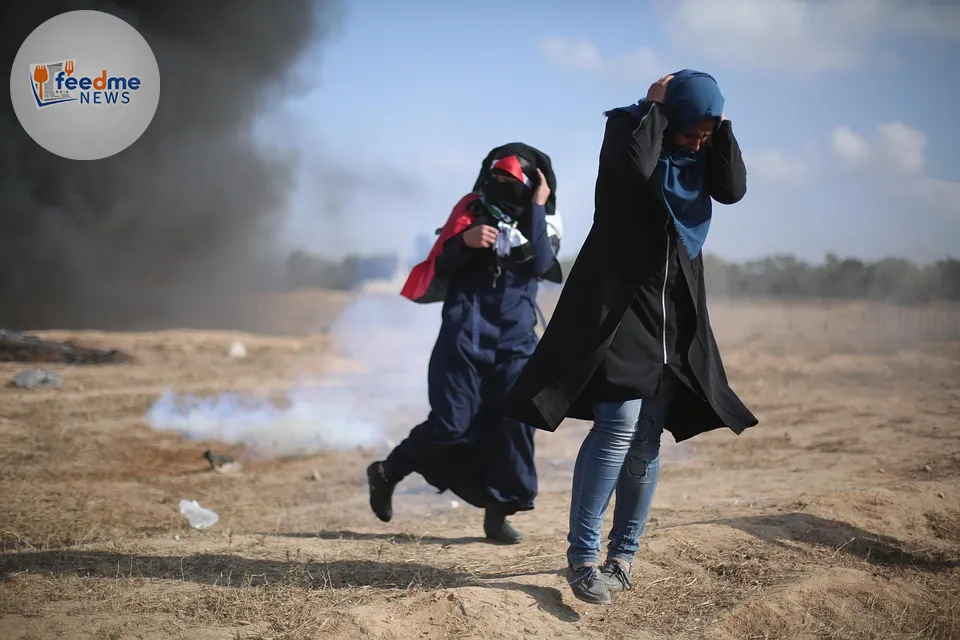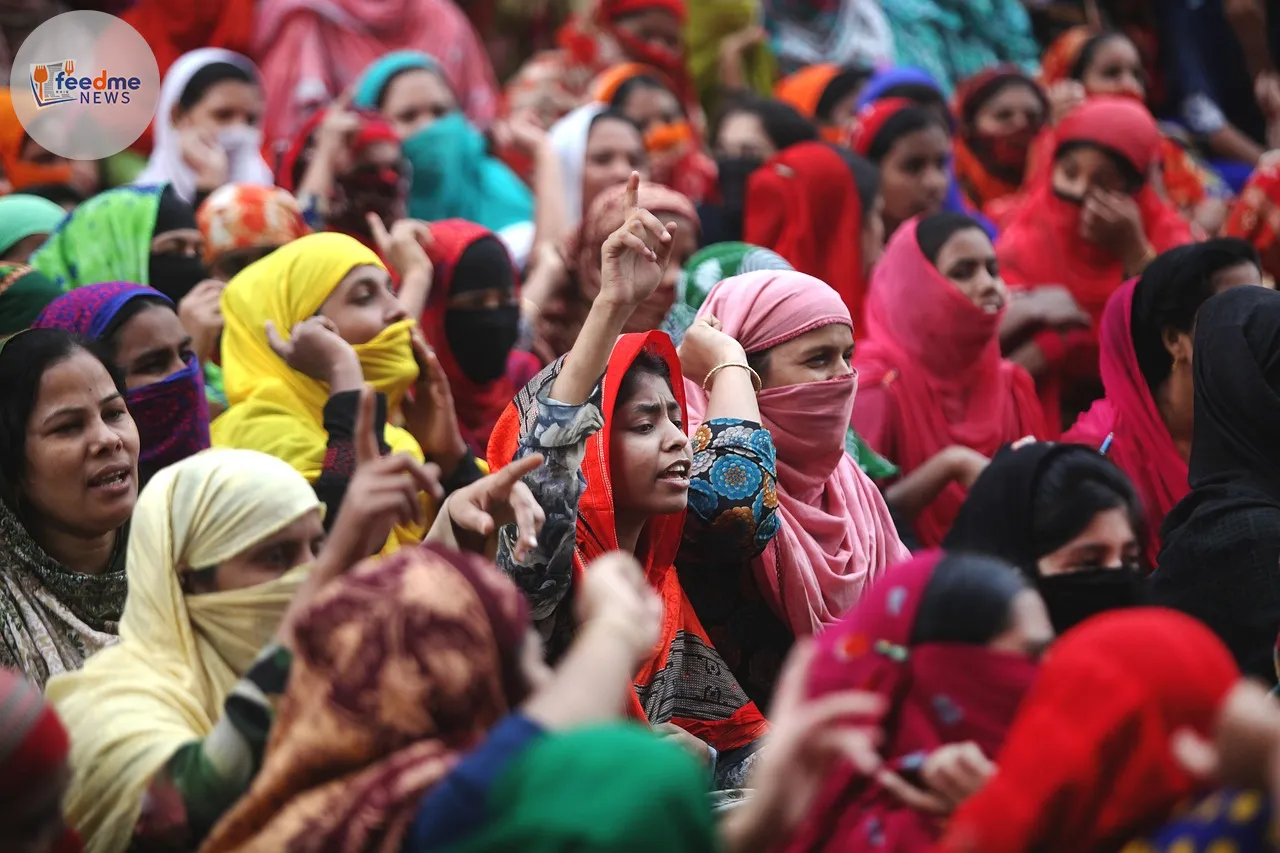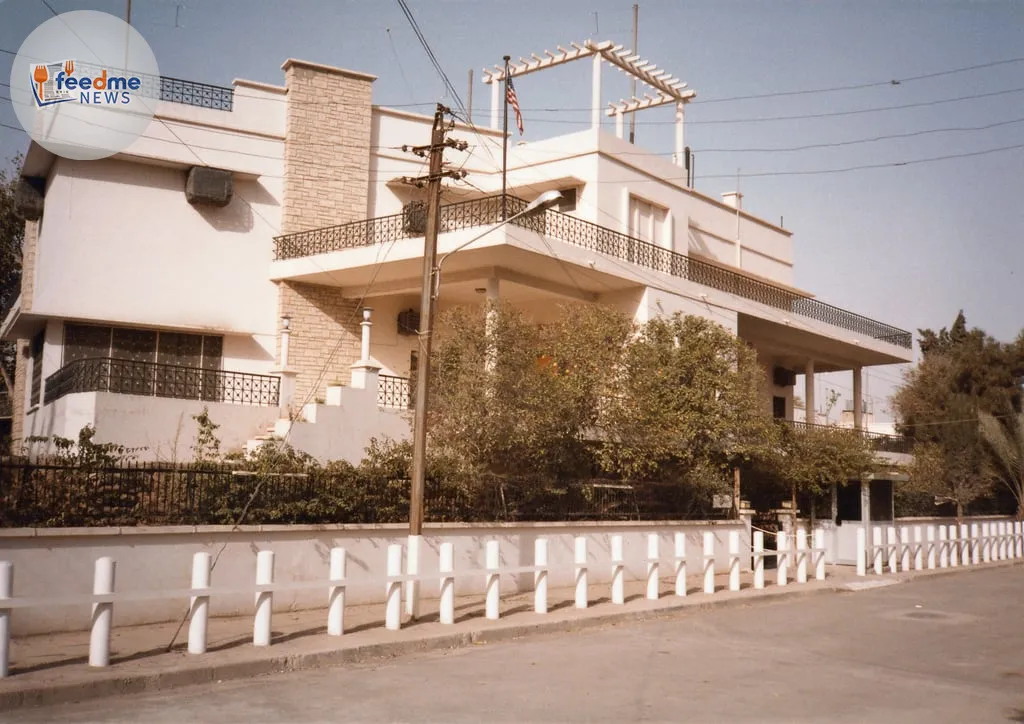Israel’s security cabinet has approved a controversial plan to occupy Gaza City, signalling a significant escalation in the ongoing conflict with Hamas. Prime Minister Benjamin Netanyahu announced the decision, stating Israel’s intention to assume military control over the entire Gaza Strip. This development has sparked international concern and debate over its potential implications for the region.
The decision emerged after a series of high-level meetings and discussions within Israel’s government. Netanyahu’s remarks on taking control of Gaza have been a focal point of his administration’s strategy, aiming to dismantle Hamas’s influence and establish a new governance structure. The plan involves coordinating with friendly Arab forces to eventually transfer administrative responsibilities, a move that has drawn mixed reactions both domestically and internationally.

Historical Context and Timing
The announcement came on the heels of escalating tensions between Israel and Hamas, which have seen a series of violent exchanges in recent months. The decision was finalised in early August 2025, amid a backdrop of ongoing conflict and international diplomatic efforts to broker peace. Gaza City, a densely populated area, has long been a flashpoint in the Israeli-Palestinian conflict, making this latest development particularly significant.
Netanyahu’s government has faced criticism for its handling of the situation, with opponents arguing that military occupation could exacerbate the humanitarian crisis in Gaza. However, supporters claim that a decisive military strategy is necessary to ensure Israel’s security and dismantle terrorist networks operating within the region.
Strategic Implications of the Occupation Plan
The security cabinet’s decision represents a pivotal shift in Israel’s approach to the Gaza conflict. By opting for military occupation, Israel aims to weaken Hamas’s hold on the region and reduce the threat posed by militant groups. This strategy aligns with Netanyahu’s long-standing policy of prioritising national security and counter-terrorism efforts.
Experts suggest that the occupation plan could lead to significant geopolitical shifts in the Middle East. “Israel’s move could redefine power dynamics in the region, potentially influencing alliances and diplomatic relations,” says Dr Sarah Cohen, a Middle East analyst. However, the plan also carries risks of increased violence and further destabilisation, particularly if not managed with a comprehensive political solution.
International Reactions and Humanitarian Concerns
The international community has responded with a mix of concern and condemnation. Several countries have urged Israel to reconsider its approach, emphasising the need for dialogue and peaceful resolution. The United Nations has called for restraint, warning of the humanitarian consequences that could arise from military occupation.
In response to the crisis, Indonesia has announced plans to convert a medical facility on an uninhabited island to treat wounded residents of Gaza. “Indonesia will provide medical aid for about 2,000 Gaza residents affected by the conflict,” stated Hasan Nasbi, a spokesperson for the Indonesian president. This humanitarian initiative highlights the global response to the escalating situation and the urgent need for international cooperation.
Domestic Reactions and Political Ramifications
Within Israel, the decision to occupy Gaza City has sparked debate among political leaders and the public. Critics argue that the plan could lead to prolonged military engagement and strain Israel’s resources. There are also reports of disagreements within the military regarding the feasibility and potential outcomes of the operation.
Despite these concerns, Netanyahu remains steadfast in his resolve. “Our goal is to ensure the safety and security of our citizens,” he stated in a recent address. The prime minister’s firm stance reflects his administration’s commitment to addressing security threats, though it risks deepening divisions within Israeli society.
Potential Outcomes and Future Prospects
The approval of the occupation plan marks a critical juncture in the Israeli-Palestinian conflict. As Israel prepares to implement its strategy, the international community will be closely monitoring developments. The success of the plan hinges on effective coordination with allied forces and a clear vision for the region’s future governance.
Looking forward, the situation in Gaza remains precarious. The potential for renewed violence looms large, and the humanitarian impact on Gaza’s civilian population cannot be overlooked. Diplomatic efforts and international intervention may play a crucial role in shaping the conflict’s trajectory and ensuring a sustainable peace.
Israel’s decision to occupy Gaza City represents a bold and contentious move in its ongoing struggle with Hamas. As the situation unfolds, the world watches with anticipation and concern, hoping for a resolution that prioritises peace and stability in the region.






